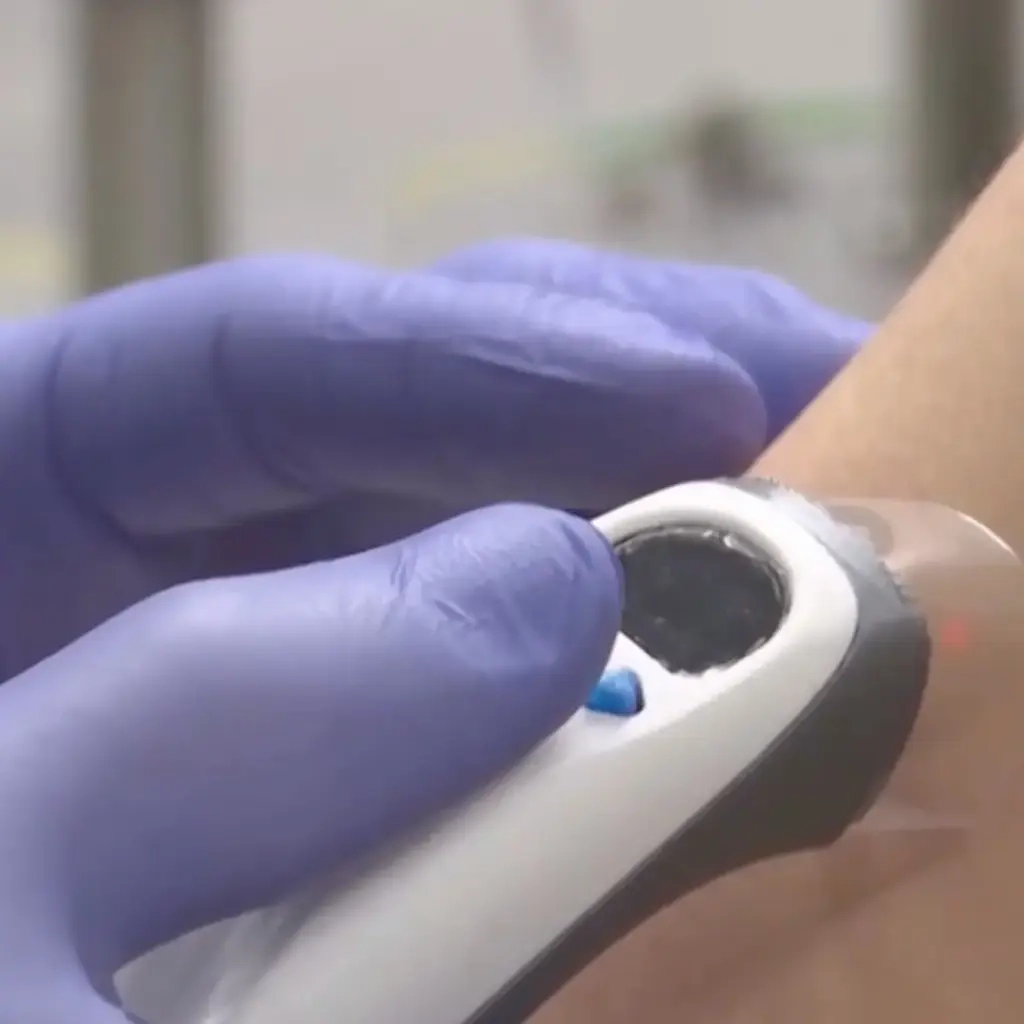
What is Parkinson’s Disease
Parkinson’s disease is a neurological disorder that affects movement, balance, and cognitive function. It is the second most common age-related degenerative brain disease, affecting at least 1% of people over 60 worldwide . The symptoms of Parkinson’s disease include:
- Tremors
- Slowed movements
- Balance problems
- Cognitive impairment
- Dementia-like symptoms
Exploring Cancer Drugs as a Potential Treatment for Parkinson’s Disease
While there is no cure for Parkinson’s disease, researchers have been working tirelessly to find new and innovative ways to manage its symptoms. Recently, scientists have discovered a potential new ally in the fight against this debilitating condition: cancer drugs.
The connection between cancer drugs and Parkinson’s disease may seem unusual at first, but it is rooted in the biology of both conditions. Cancer and Parkinson’s disease are both characterized by the accumulation of toxic proteins in the brain, which leads to cell death and tissue damage . In cancer, these proteins promote tumor growth and proliferation. In Parkinson’s disease, they damage brain cells, leading to motor symptoms and cognitive decline. Cancer drugs, which target these toxic proteins, may therefore be useful in managing Parkinson’s symptoms.
One cancer drug that has shown promise in managing Parkinson’s symptoms is nilotinib. Nilotinib is a tyrosine kinase inhibitor that is FDA-approved for the treatment of chronic myeloid leukemia . In a recent study, researchers at Johns Hopkins University found that nilotinib:
- Reduced toxic protein accumulation in the brain
- Improved motor function in mice with Parkinson’s disease
Another cancer drug that has shown promise in managing Parkinson’s symptoms is rucaparib. Rucaparib is an FDA-approved PARP inhibitor for treating ovarian cancer. In a recent study, researchers found that rucaparib:
- Reduced toxic protein accumulation in the brain
- Improved cognitive function in mice with Parkinson’s disease
While these findings are promising, they are based on animal studies. More research is needed to confirm the safety and efficacy of cancer drugs in humans with Parkinson’s disease. Additionally, cancer drugs can have significant side effects, including:
- Nausea
- Fatigue
- Hair loss
Which must be carefully managed in patients with Parkinson’s disease.
SUGGESTIONS:
- A Guide to Successful Potty Training for Parents
- 10 Quick and Healthy Breakfast Ideas for Busy Mornings
- Carbs: Friend or Foe? 10 Common Myths Surrounding Carbs
Despite these challenges, the use of cancer drugs in managing Parkinson’s symptoms is an exciting development that offers new hope for patients with this debilitating condition. As research continues to uncover the potential of cancer drugs in managing Parkinson’s symptoms, patients may soon have access to new and innovative treatments that improve their quality of life.
Frequently Asked Questions
1 . What is Parkinson’s disease?
Parkinson’s disease is a neurological disorder that affects movement, balance, and cognitive function. The accumulation of toxic proteins in the brain leads to cell death and tissue damage.
2. What are the symptoms of Parkinson’s disease?
The symptoms of Parkinson’s disease include tremors, slowed movements, balance problems, cognitive impairment, and dementia-like symptoms.
3. Is there a cure for Parkinson’s disease?
There is no cure for Parkinson’s disease, but researchers are working tirelessly to find new and innovative ways to manage its symptoms.
4. How do cancer drugs work in managing Parkinson’s symptoms?
Cancer drugs, such as nilotinib and rucaparib, target toxic proteins in the brain, reducing their accumulation and promoting cell survival. This can lead to improved motor and cognitive function in patients with Parkinson’s disease.
5. Are cancer drugs safe for patients with Parkinson’s disease?
While cancer drugs can have significant side effects, they may be safe for patients with Parkinson’s disease when carefully managed by a healthcare provider. However, researchers need to conduct more studies to confirm their safety and efficacy in humans.

